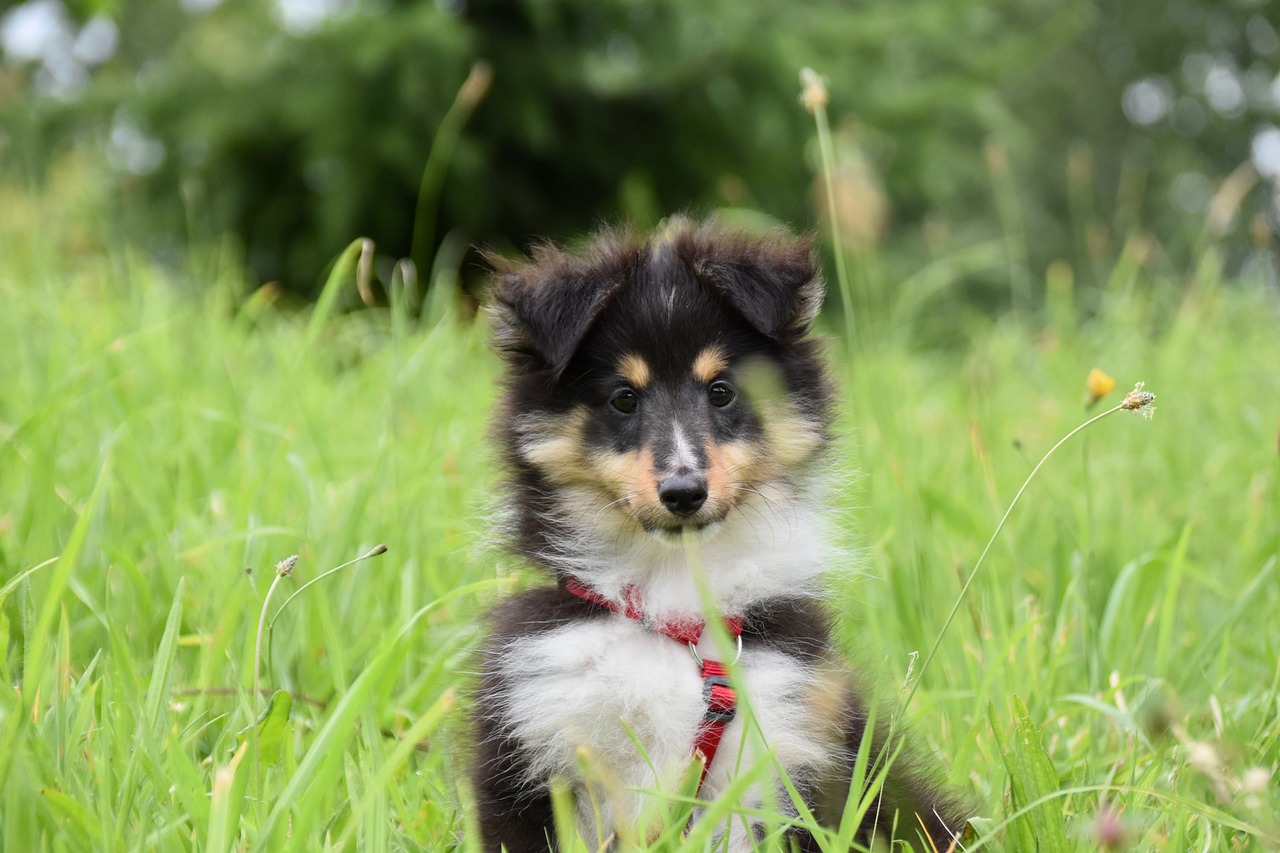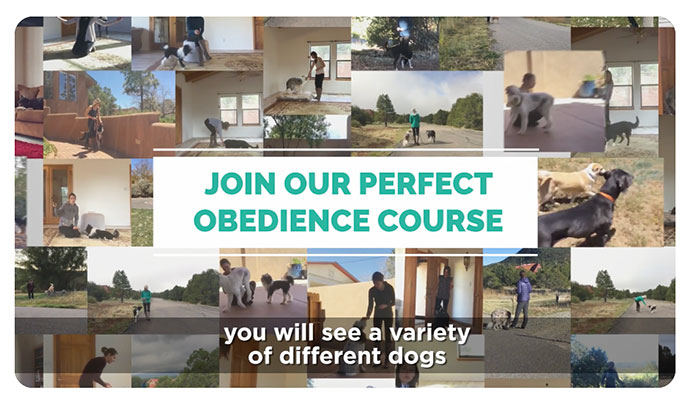Socializing a Sheltie puppy is a crucial step in their developmental journey, and doing it the right way sets the stage for a lifetime of positive behavior. Shetland Sheepdogs, commonly known as Shelties, are known for their intelligence and loyalty, but without proper socialization, they can become shy or fearful.
The Right Ways to Socialize a Sheltie Puppy

Here are the right ways to socialize a Sheltie puppy:
1. Start Early and Slow
- The ideal time to start socializing a Sheltie puppy is between 3 to 14 weeks. Begin with less intimidating experiences before moving to more complex scenarios.
2. Use Positive Reinforcement
- Whenever your Sheltie puppy behaves well during socialization, reward them immediately with treats or verbal praise to reinforce positive behavior.
3. Introduce to Various People
- Make sure your Sheltie puppy meets people of different ages, sizes, and ethnicities in a controlled setting to foster a well-rounded social character.
4. Leash Training
- Leash training is essential during socialization. A leash gives you control and ensures safety for your Sheltie puppy in unfamiliar settings.
5. Choose Appropriate Doggie Friends
- Arrange playdates with other vaccinated, well-behaved dogs. Start with smaller breeds and work your way up to larger dogs to build your Sheltie puppy’s confidence.
6. Controlled Environments
- Begin socialization in a safe, controlled environment like your home or a friend’s home before venturing into public spaces.
7. Exposure to Various Environments
- Gradually expose your Sheltie puppy to different environments—parks, busy streets, car rides—to help them adapt to diverse situations.
8. Vet Visits
- Schedule regular vet check-ups and ensure all vaccinations are up-to-date before exposing your Sheltie puppy to other animals and public places.
9. Monitor Body Language
- Always pay attention to your Sheltie puppy’s body language to gauge their comfort level and act accordingly.
10. Human Handling
- Teach your Sheltie puppy to be comfortable with handling by touching their paws, mouth, and ears. This will also make future grooming and vet visits easier.
11. Expose to Household Sounds
- Acclimate your Sheltie puppy to common household noises such as vacuum cleaners, washing machines, and doorbells to reduce potential fear or anxiety.
12. Socialization Classes
- Enroll your Sheltie puppy in puppy socialization classes to expose them to various experiences and other dogs in a structured environment.
13. Set Achievable Goals
- Have a checklist of experiences and set achievable goals for each socialization session to track your Sheltie puppy’s progress.
14. Consistency is Key
- Be consistent with your socialization schedule. Consistent exposure to new experiences helps your Sheltie puppy internalize positive behaviors more effectively.
15. Sensory Socialization
- Introduce your Sheltie puppy to different smells, textures, and sights, like grass, sand, or water bodies, to help them become well-rounded.
16. Sign Up for a Puppy Obedience Training Program
- Lastly, to complement your efforts in socializing your Sheltie puppy, it’s highly recommended to enroll in a puppy obedience training program. This provides a structured approach to training and reinforces the socialization process. Programs such as SpiritDog’s Ultimate Puppy Training Program or K9 Training Institute’s Dog Masterclass offer comprehensive training guides that can significantly assist in shaping your puppy into a well-mannered adult dog.
The Wrong Ways to Socialize a Sheltie Puppy

Properly socializing a Sheltie puppy is an essential foundation for their lifelong well-being and happiness. Unfortunately, many owners inadvertently go about it the wrong way, leading to behavioral issues and unnecessary stress for the dog. If you want to avoid these pitfalls, take note of the following missteps:
1. Delaying Socialization
- Waiting too long to start socialization can seriously hinder your Sheltie puppy’s development, making it more difficult to acclimate them to new experiences later on.
2. Overwhelming the Puppy
- Exposing your Sheltie puppy to too many new experiences without a break can be counterproductive. An overwhelmed puppy might become anxious or fearful.
3. Using Negative Reinforcement
- Scolding or punishing your Sheltie puppy during socialization activities can instill fear and distrust, which is the exact opposite of what you want to achieve.
4. Uncontrolled Meetings
- Allowing your Sheltie puppy to meet other animals or humans without control can lead to unpredictable behavior, possibly making your puppy more timid or even aggressive.
5. Leash-Pulling
- Dragging your Sheltie puppy on a leash toward something they are clearly afraid of will not make them less fearful; it will only exacerbate their anxiety.
6. Ignoring the Puppy’s Signals
- If your Sheltie puppy is showing signs of stress or discomfort, continuing the socialization process without a break can be damaging.
7. Lack of Variety
- Only exposing your Sheltie puppy to the same environment or set of experiences can make them uncomfortable or fearful in different situations.
8. Avoiding Vet Visits
- Failing to ensure your Sheltie puppy is vaccinated and healthy before socializing them with other dogs can expose them to preventable diseases.
9. Encouraging Aggressive Play
- Allowing your Sheltie puppy to engage in aggressive play or activities can lead to the development of negative behaviors.
10. Socialization Through Fear
- Forcing a Sheltie puppy to face their fears without proper training and desensitization can cause long-term trauma.
11. Keeping Them Isolated
- Limiting your Sheltie puppy’s social circle to just a few individuals or animals will not prepare them for the wide variety of experiences they’ll encounter later.
12. Exposure to Unfriendly Dogs
- Letting your Sheltie puppy socialize with aggressive or overly dominant dogs can have a negative impact on their own social skills.
13. Inconsistent Socialization
- Socializing your Sheltie puppy sporadically instead of maintaining a consistent routine can lead to confusion and hinder their learning.
14. Skipping Basic Commands
- Failing to teach your Sheltie puppy basic commands like “sit,” “stay,” and “come” before exposing them to new experiences can make it difficult to manage their behavior during socialization.
15. Overlooking Sensory Experiences
- Neglecting to expose your Sheltie puppy to a variety of sounds, smells, and textures can lead to sensory sensitivities in the future.
16. Lack of Supervision
- Leaving your Sheltie puppy to navigate social scenarios without supervision is risky. Without your guidance, they might pick up bad habits or find themselves in unsafe situations.
17. DIY Obedience Training
- Thinking you can handle all aspects of a Sheltie puppy’s socialization without professional guidance can result in important aspects being overlooked or done incorrectly.
Consider Online Dog Training for Your Sheltie Puppy
Our 2 favorite online courses are:
1. SpiritDog’s “Perfect Obedience” Course
The Perfect Dog Obedience Bundle is an online dog training program designed to help dog owners achieve well-behaved pets. The comprehensive course covers basic obedience, and loose leash walking, and includes bonus mini-courses on training habits and rewards, stopping jumping, and separation anxiety solutions. With lifetime access to expert trainers for personalized feedback and a 60-day money-back guarantee, this course aims to provide effective, accessible training for a variety of dog behavior issues.
2. K9 Training Institute’s “Dog Masterclass”
More than just an obedience course, this more comprehensive training course tackles any behavior problem you might face with your dog.
Avoiding these common pitfalls is crucial for ensuring your Sheltie puppy grows up to be a well-adjusted, confident, and happy adult dog. Socialization is a sensitive process that shapes your Sheltie’s worldview; when done wrong, it can lead to a lifetime of behavioral issues. Always aim for a structured, positive, and consistent approach to give your Sheltie the best start in life.


 Toledo, United States.
Toledo, United States.
